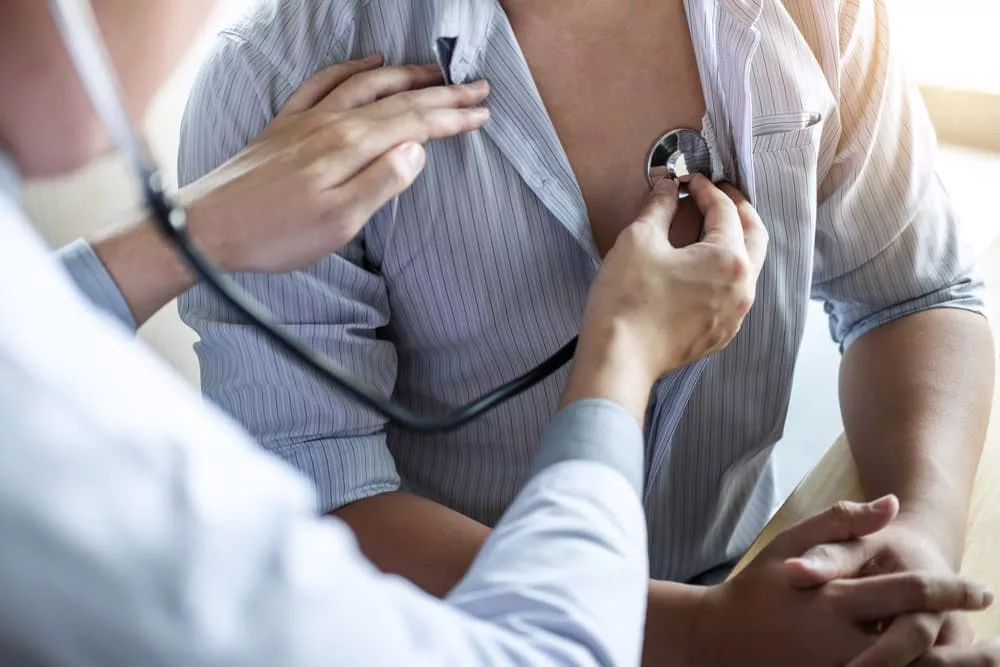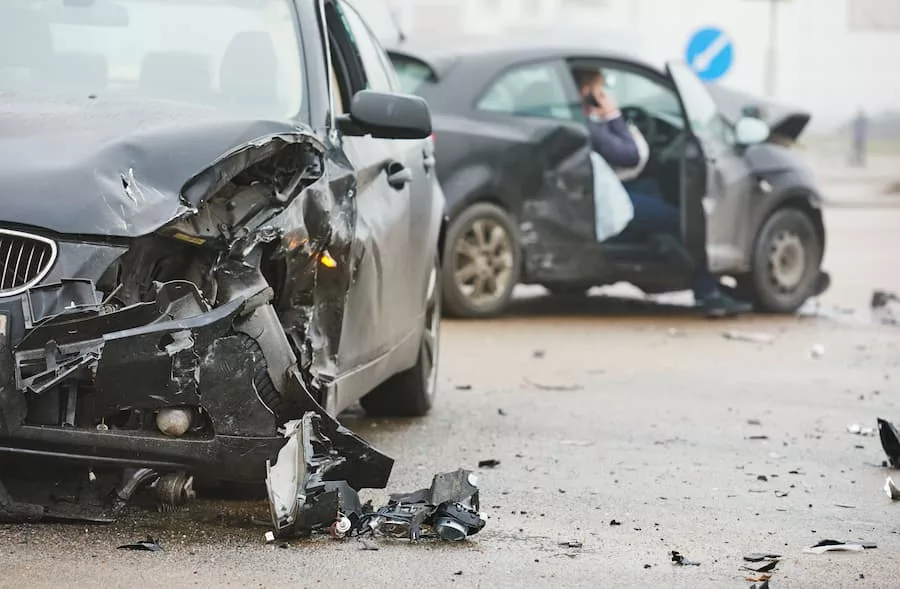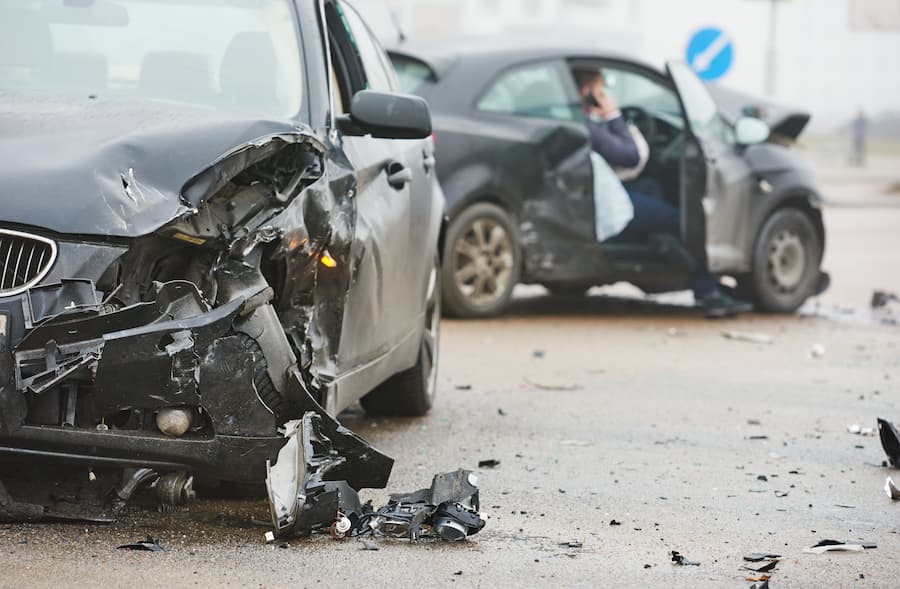Although you are a vital witness and can speak to the suffering you endured because of the crash, solid evidence is essential to back up what you say. You should hire a Miami car accident attorney as soon as possible. Your attorney has the experience and resources to gather evidence beneficial to your case.
The outcome of your car accident case will depend in part on the evidence your lawyer collects and organizes into a compelling argument that someone else is at fault for the crash and, therefore, liable for your injuries. The specific evidence your lawyer needs for your case will depend on the unique circumstances of your situation.
Valuable Evidence Can Determine Whether You Recover Compensation
Evidence is necessary at every stage of the case, from submitting your demand letter with a proposed settlement amount to preparing for an impending trial. Your lawyer needs to prove who’s at fault for the accident and your resulting injury and what expenses you have incurred and will incur in the future.
Evidence supports your version of events. Blaming the other driver for the collision won’t go that far if they deny responsibility and point the finger at you. If you don’t have evidence that their actions contributed to the crash, convincing an insurance company to pay the full and fair settlement is impossible.
Having a third-party witness to confirm what happened can be helpful, especially if the at-fault driver tries to avoid liability. Physical evidence, such as skid marks and collision debris, strengthens your case even more. Traffic camera footage might have caught the other motorist running a red light or abruptly changing lanes, leading to the crash.
Understanding the Burden of Proof
Typically, accident victims can file a claim with the at-fault driver’s liability insurance provider. Most liability claims settle without needing to proceed with a lawsuit. However, filing a lawsuit is necessary if the insurer denies the claim or won’t pay an adequate settlement.
Lawsuits are more formal than injury claims. You, as the plaintiff, must prove that the other motorist’s actions caused the collision and your injury. Unlike in criminal cases, where the burden of proof is beyond a reasonable doubt, in a lawsuit, you must only show that it is likelier than not that the other person caused your injuries.
Doing so requires strong evidence, such as:
- Copies of your medical records and bills
- Statements from eyewitnesses
- Pictures from the accident scene
- Testimony from accident reconstruction specialists and other experts
- Traffic camera or security camera footage
- Copy of the police report
It’s difficult to argue against visual evidence like photos and videos. Securing video footage can strengthen your case, especially if it shows the other driver violating a traffic law or doing something that clearly leads to the accident. Photos of debris, skid marks, and vehicle damage can also tell a powerful story.
Evidence You Need After a Car Accident
Shock and fear take over in the immediate aftermath of a car crash. You might not know what to do next. However, the next steps you take are crucial and can mean the difference between a successful and an unsuccessful case. Below is an explanation of the different types of evidence your attorney can use to build a strong case on your behalf.
Accident Scene Evidence
Preserving evidence at the scene might be challenging, especially if you have severe injuries. You should only collect evidence at the crash site if it doesn’t jeopardize your health or safety.
Some evidence is only available at the accident scene. Tracking down witnesses can be difficult once they leave. You also won’t be able to take pictures after a tow truck removes the vehicles and a clean-up crew clears broken glass and debris from the road.
If you could not collect evidence at the scene, don’t worry. A good lawyer knows where to look for this information and can gather it afterward.
Witness Statements
Anyone in the immediate vicinity might have seen or heard what happened. You can ask bystanders to explain how the crash occurred and who they believe is at fault.
Write down each witness’s name and phone number so your lawyer can contact them later. These bystanders might be able to support your version of events by speaking with the insurance company or testifying in court if you file a lawsuit.
Police Report
Police reports often include an officer’s determination of fault and whether they issued traffic citations to any of the drivers involved in the crash. For example, the report might show the officer ticketed the other driver for speeding.
There should also be a space for the officer to make a drawing showing the sequence of events. That drawing can show each vehicle’s travel direction and final resting position after impact. There should also be a box near the diagram where the officer can explain what they believe happened based on each motorist’s and witness’s statements.
Police reports are often inadmissible in court because they rely on a partial and necessarily hasty investigation. However, it can offer insight into what might have occurred and provide key details your attorney can use to investigate the case further.
Accident Scene Photos
A picture taken at the scene can be valuable evidence in a car accident case. If you can do so safely, use your smartphone to photograph the area around the accident. Take pictures of the damage to the cars and anything nearby, such as telephone poles or guardrails. Take photos of the vehicles in relation to each other and any road conditions, such as skid marks, debris, and nearby traffic signs and signals. These photos provide crucial context for your attorney to reconstruct what may have happened.
Dashcam Footage
More drivers are installing dashboard cameras in their vehicles. They’re beneficial in accidents because they capture everything that happens directly in front of the car. Some people also install cameras at the back window, so they can capture what’s happening behind them.
Dashcam footage sometimes proves more valuable than traffic camera footage since the picture quality is better and the point of view is closer to the action.
Document Your Accident-Related Losses
The losses you suffer in a car accident can be either economic or non-economic in nature.
Economic losses are expenses with a clear dollar-and-cents value, such as:
- Medical bills
- Out-of-pocket expenses
- Lost wages
- Lost earning capacity
- Property damage
Non-economic losses are the intangible effects of an injury, such as:
- Loss of enjoyment or quality of life
- Pain and suffering
- Inconvenience
- Emotional distress or mental anguish
Documenting your expenses and the physical and emotional consequences you experienced because of the crash will help your attorney demand fair compensation from the liable insurer.
Medical Records and Bills
Medical expenses account for the biggest economic losses in many car accident cases.
To recover the money you need for your past and ongoing medical care, hang onto anything documenting your:
- Hospital visits and stays
- Ambulance services
- Physical therapy appointments
- Prescriptions
- In-home care
- Rehabilitative services
- Diagnostic testing
- Specialist care
- Medical equipment and devices
Car Repair or Replacement
You should bring your car to the dealership or a repair shop if it has any damage from the collision. The insurance adjuster might require an independent inspection to determine the value of the damage to your vehicle.
Getting multiple estimates is a good idea. The insurance carrier wants to avoid paying to repair or replace your car. If you can show that several mechanics have come to the same conclusions about the cost of the damage, the insurer will have a harder time denying your claim or saying you’ve asked for too much money.
You might need to replace your vehicle if it’s a total loss. First, you’ll have to determine the actual cash value (ACV) of your car. The insurance carrier will complete a valuation to decide whether to pay the ACV. You can submit photos, receipts, and other documentation to prove the condition of your vehicle before the collision.
If you had to rent a vehicle while your car was in the shop, hang on to the receipt for that expense so your attorney can use it to calculate your compensable losses.
Pain Journal
A pain journal documents injuries, symptoms, and accident-related losses. Starting a journal immediately after the crash is a good idea. Write down every symptom you experience, even if it doesn’t seem related to the accident.
You should also note whether your injury interferes with your life. Mention vacations you had to cancel, any days you missed work, and sleepless nights you had since the accident.
If your pain level or symptoms worsen over time or during specific activities, make a note of that. For example, you might get frequent headaches after the crash, but notice they show up more often when you physically exert yourself.
Lost Income and Earning Capacity
Serious injuries can prevent you from working and earning as much as you did before the accident. That can create financial strain, especially while paying for medical treatment, vehicle repairs, and daily living expenses.
Keep track of the days you take off and hours you’re not working because you need to recover. Gather paystubs, tax returns, and other documents to prove the money you typically earn and what you would have made if not for the accident.
A long-term disability or permanent injury can prevent you from maintaining employment entirely. You might be unable to return to work or find a job elsewhere because of physical limitations. Your attorney can work with experts like healthcare professionals and vocational specialists who can give statements supporting your inability to work.
Why You Should Hire a Car Accident Attorney
Pursuing compensation through a car accident claim is more complicated than it should be. If you try to handle your case yourself, you will likely encounter obstacles you don’t know how to overcome. Even if you win, you will probably walk away with less than you deserve.
Insurance companies often take advantage of unrepresented accident victims. They don’t want to pay claims and will do everything they can to reduce the value or issue a denial. Moreover, they know the average accident victim is unaware of the common tricks an experienced attorney would spot right away.
Instead of putting the outcome of your case in jeopardy, turn to a car accident lawyer for help.
They can handle every aspect of your case for you, including:
- Investigating the collision to determine fault and establish liability
- Talking to witnesses, securing traffic camera forage, and obtaining other evidence
- Consulting experts for information to support the physical evidence
- Determining the available insurance coverage and filing a claim
- Communicating with the insurance adjuster and following up with them regularly to ensure an efficient process and avoid unnecessary delays
- Reviewing copies of medical records and bills to calculate the monetary value of the claim and demand a fair settlement
- Negotiating with the insurance adjuster for compensation to cover the total losses
- Filing a lawsuit if the insurer denies the claim or provides an inadequate settlement offer
- Preparing the case for court proceedings and trial
An experienced car accident attorney can also confirm the information in your medical records matches your injuries. Doctors can make mistakes while transcribing notes from patient appointments. The insurance carrier can deny your claim if your medical providers don’t include your diagnosis information in your records. Your lawyer can also confirm that these notes mention the car crash to establish causation and show who should be liable.
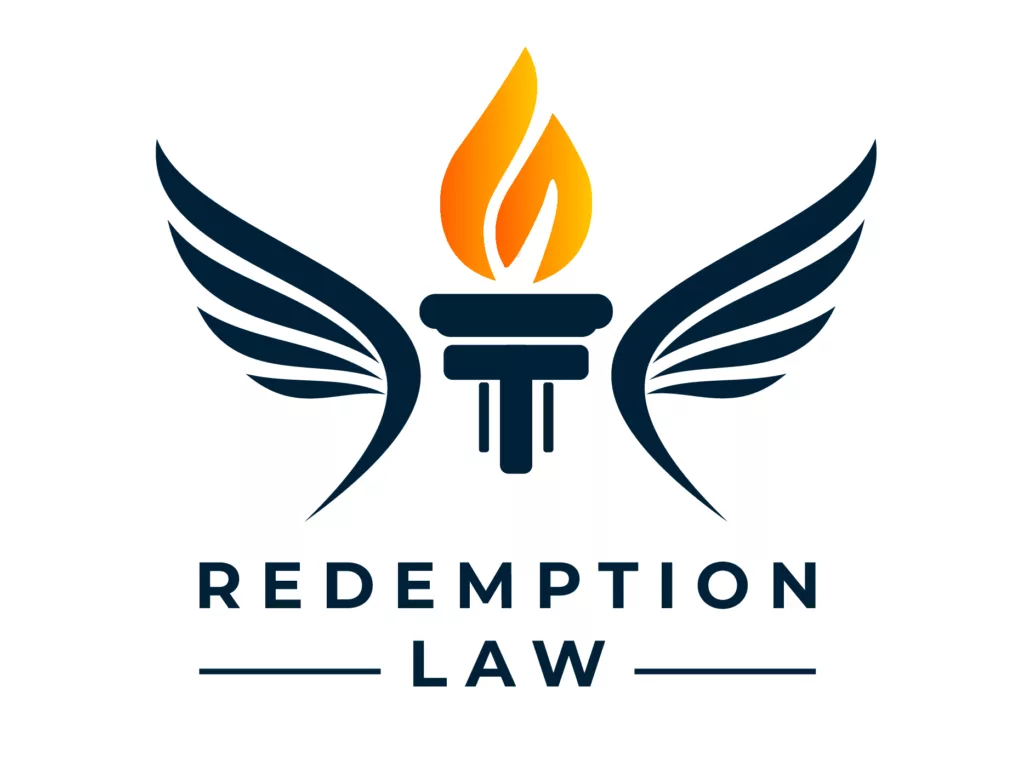
Your lawyer will request copies of every record related to the claim and review them thoroughly. They will look for inaccurate or incomplete information and ask the doctor to address it. You should not have to worry about submitting evidence that omits the full scope of your pain and trauma. Reach out to a Miami personal injury lawyer.
If your records don’t have all the necessary details, your attorney can ask the doctor to correct the error. They can also ask the doctor to write a signed statement about your injury, how it occurred, and its effects on your life. You shouldn’t miss out on the compensation you deserve because of a technicality or misrepresented facts.
Related articles
Related articles Related articles Related articles Related articles Related articles Related articles Related articles Related articles Related articles Related articles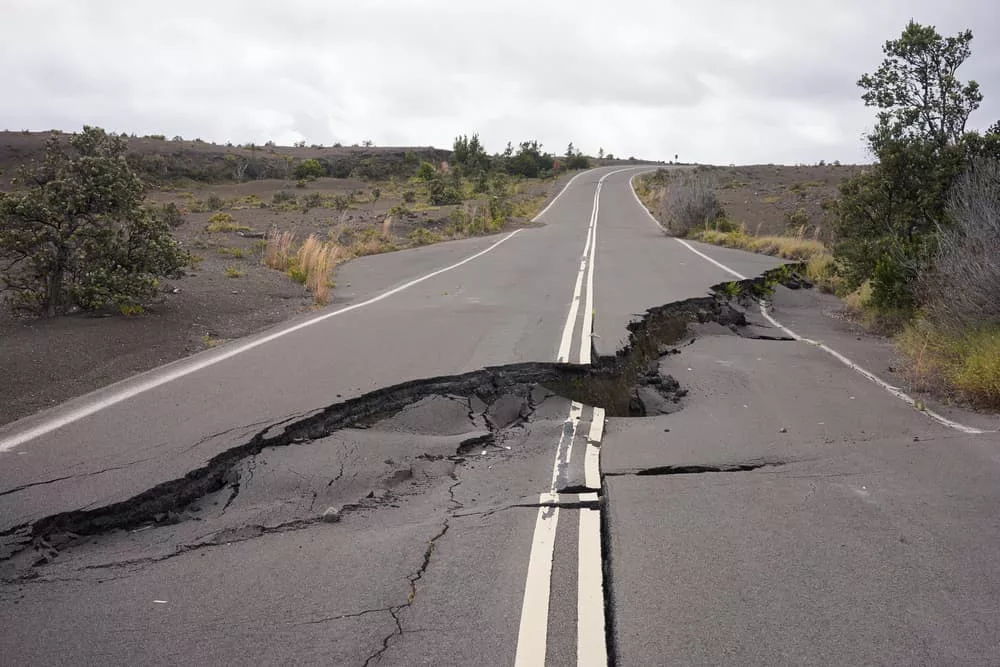
Car Accident
18 Jan 2024
Who Is Liable if a Road Hazard Causes a Car Accident?
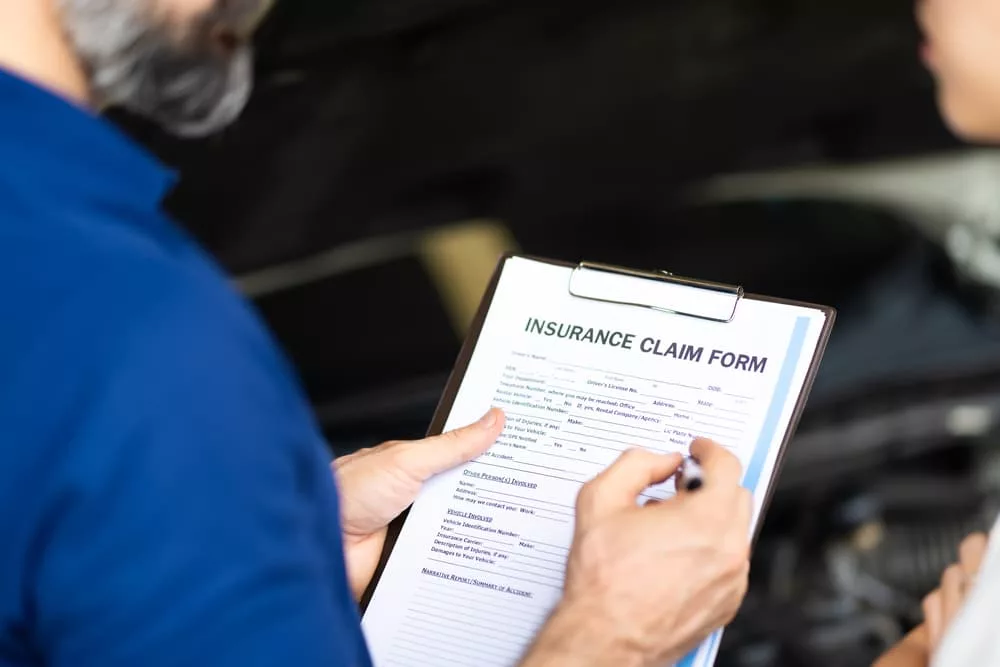
Car Accident
16 Jan 2024
How to File a Car Accident Claim as a Passenger
